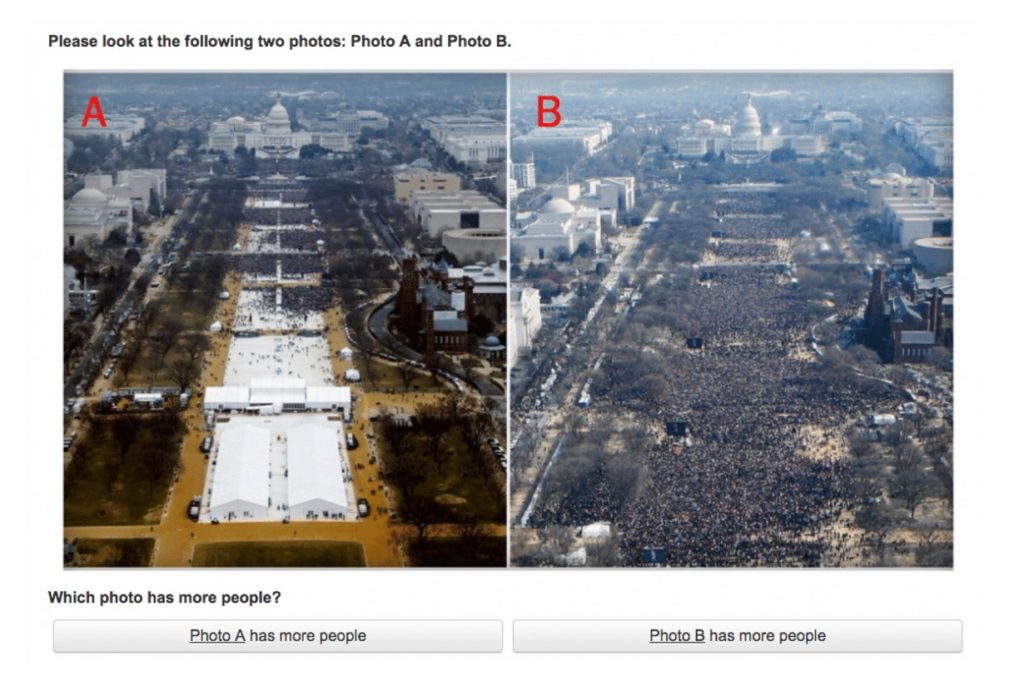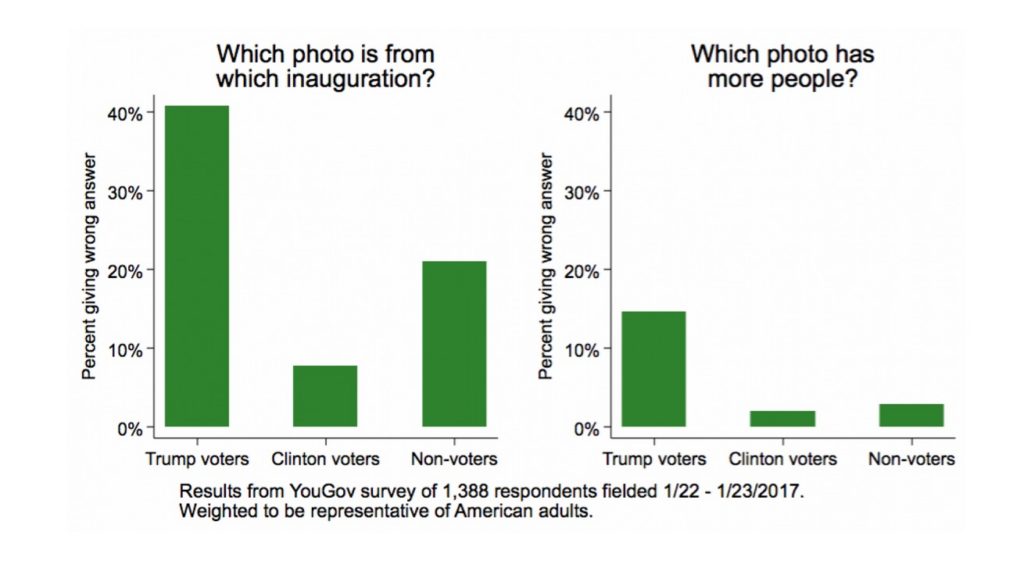From an interesting parting shot by an American libertarian academic who has taught in China for some years and is now returning home.
China is a rising power but probably more importantly is a deeply illiberal, expansionist, authoritarian, police state opposed to human rights, democracy, free trade, and rule of law. Just as we need to consider the state, speed, and direction of change in the United States, China has been deeply illiberal authoritarian for many years, is becoming increasingly illiberal, and is accelerating the pace of change towards greater control. It both puzzles and concerns me having lived in China for nearly a decade as a public employee to hear Polyanna statements from China “experts” in the United States who talk about the opening and reform of China or refuse to consider the values being promoted. I was left mouth agape once when someone I would consider a liberal internationalist who values human rights informed me he was focused on business and would leave those other issues aside. The values represented by China cannot be divorced from its rise and influence. The rise of China represents a clear and explicit threat not to the United States but to the entirety of liberal democracy, human rights, and open international markets.
We see the world slowly being divided into China supported authoritarian regimes of various stripes that support its creeping illiberalism across a range of areas. The tragedy of modern American foreign policy is the history of active ignorance and refusal to actively confront the Chinese norm or legal violations. The Trump administration is utterly incapable of defending the values and assembling the coalition that would respond to American leadership as they face even greater threats from China.
The concern is not over Chinese access to technology to facilitate economic development for a liberal open state. The concern is over the use of technology to facilitate human rights violations and further cement closed markets. That is a threat for which neither the United States or any other democracy loving country should apologize for.
Even while making allowances for the author’s ideological position, some of his observations about everyday like in China are fascinating — at least to me. For example:
One of the most interesting thing to me was to see how my thinking evolved over time in China. Prior to coming, I was and still am a libertarian leaning professor. I had not given a lot of thought to human rights either in the United States or in China. While many are aware of a variety of the cases that receive attention, I think what struck me is how this filters down into the culture. There is a complete and utter lack of respect for the individual or person in China. People do not have innate value as people simply because they exist. This leads most directly to a lack of respect for the law/rules/norms.
One thing I began to realize over time is, while not German, how law, rule, and norm abiding Americans are with minimal fear of enforcement. Cutting in line [I think this means barging in] is considered extremely rude because there is a sense of fairness and that people have equal rights. In China, line cutting is considered nearly standard operating procedure. There is a common and accepted respect for others even if just it is as simple as standing in line.
In a way, I sympathize with Chairman Xi’s emphasis on rule of law because in my experience laws/rules/norms are simply ignored. They are ignored quietly so as not to embarrass the enforcer, however, frequently, the enforcer knows rules or laws are being ignored but so long as the breaker is not egregious, both parties continue to exist in a state of blissful ignorance. Honesty without force is not normal but an outlier. Lying is utterly common, but telling the truth revolutionary.
I rationalize the silent contempt for the existing rules and laws within China as people not respecting the method for creating and establishing the rules and laws. Rather than confronting the system, a superior, or try good faith attempts to change something, they choose a type of quiet subversion by just ignoring the rule or law. This quickly spreads to virtually every facet of behavior as everything can be rationalized in a myriad of ways.
Before coming to China, I had this idea that China was rigid which in some ways it is, but in reality it is brutally chaotic because there are no rules it is the pure rule of the jungle with unconstrained might imposing their will and all others ignoring laws to behave as they see fit with no sense of morality or respect for right.
If it’s the case — and I believe it is — that American’s position as a global hegemon is eroding, and that China might be its successor, then it’s worth thinking about what that might mean. While many of us are sceptical about — or critical of — aspects of American dominance, we understand and to some extent share many of the values that the Republic embodies (or aspires to). Coming to grips with Chinese hegemony will be traumatic, unless the West has been softened up by generations of home-grown authoritarian rule. (Now a distinct possibility for some of our democracies, I fear). It will be like living in a parallel universe which has a different kind of gravity.


